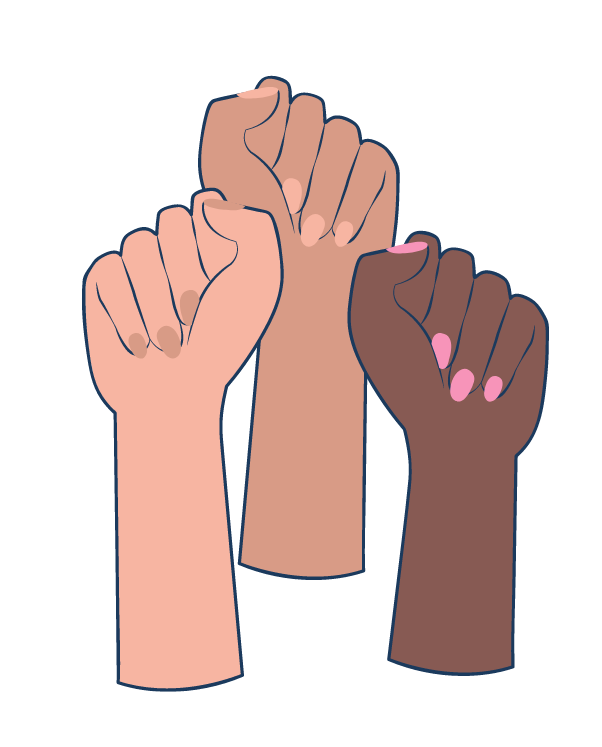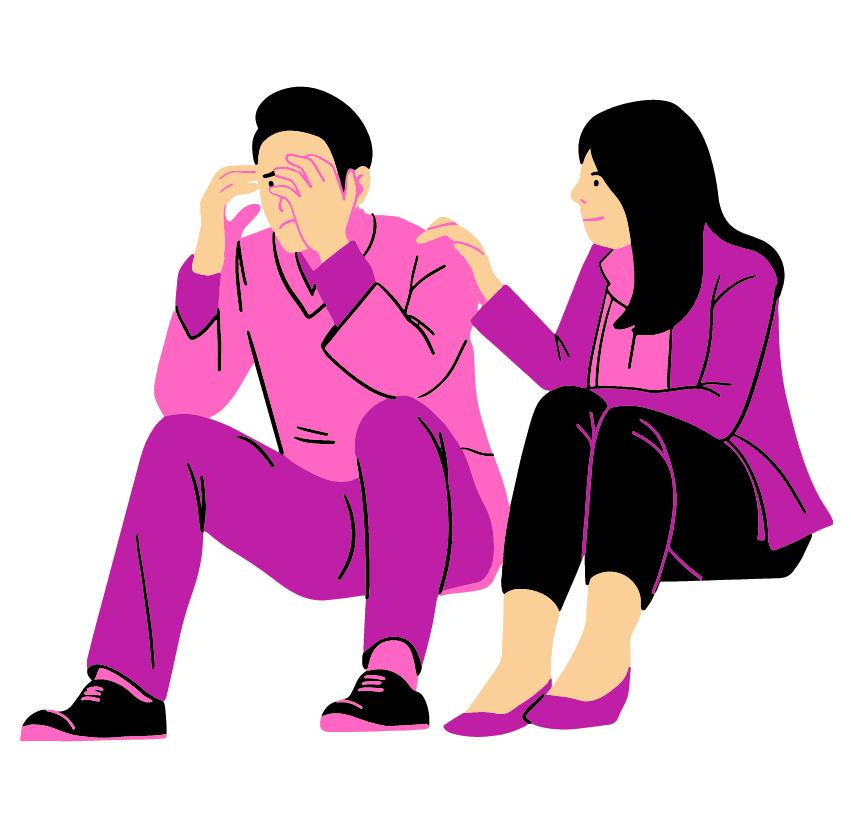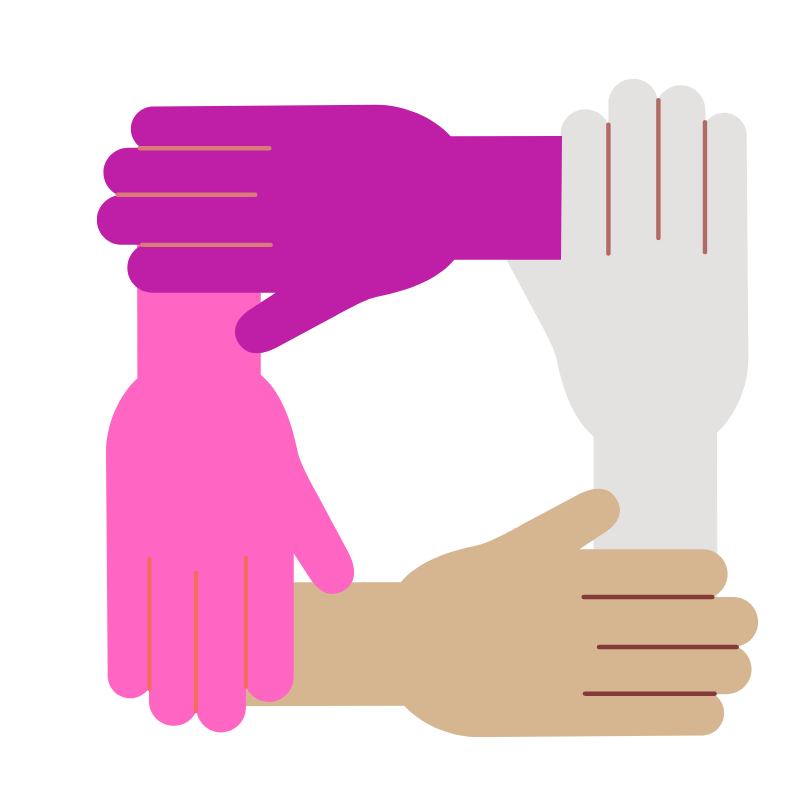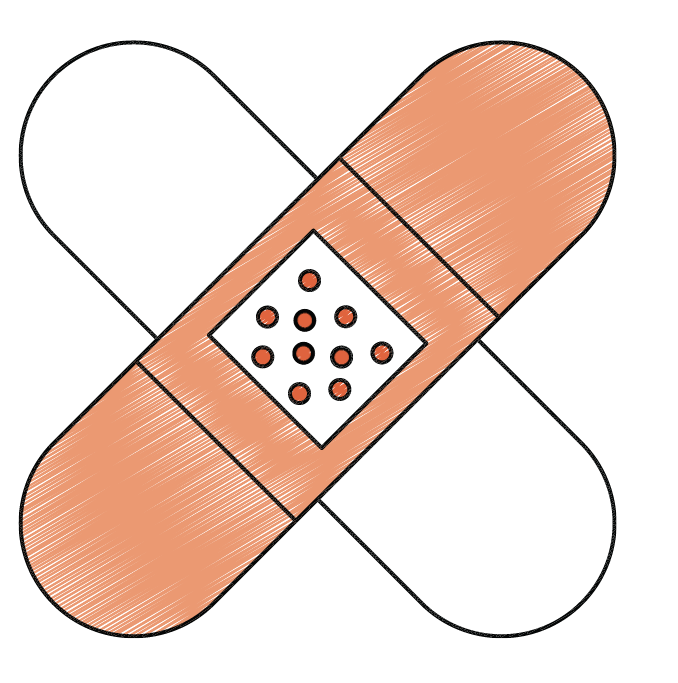Trauma therapy
Most of us will go through some sort of traumatic incident in our lifetimes, and we may display stress-induced behaviours to manage or work through these experiences. With time, the behaviours usually subside and pose no long-withstanding problems to our health and wellbeing. However, for those struggling with unresolved trauma, these behaviours can continue and begin to overtake their daily lives, resulting in potentially catastrophic after-effects. In efforts to numb the pain, it is a common response to turn to addictive substances to handle everyday living, eventually becoming totally dependent on these substances just to survive.
Trauma takes patience and time to work through and there is no overnight cure. However, for individuals who are suffering from addiction in response to their trauma, therapy may be necessary to unpack these emotions and develop healthier coping strategies to manage these feelings when addiction cravings arise.
What is trauma?
Trauma is an emotional response to an event (or events) that can be greatly disturbing or distressing. Some traumatic incidents include, but are not limited to:
- Sexual, emotional or physical abuse
- Domestic violence
- Bullying
- The death of a loved one
- Living with a parent suffering from mental illness
- Witnessing an accident
- Taking part in combat
Usually, these events are emotionally or physically harmful, and they can be experienced either directly or indirectly. For example, direct trauma refers to an incident in which the person is directly involved, such as being the victim of an assault or attack. Indirect trauma, on the other hand, means when a person is exposed to the first-hand experience of someone else – for example, working as a counsellor and having to hear about someone else’s traumatic event.
Why is trauma therapy important in addiction treatment?
For those in addiction treatment, addiction therapies that address trauma may be necessary to help clients talk through these experiences, developing healthier coping techniques to ensure they do not need to turn to addiction to manage these emotions.
The reason trauma therapy is so vital to addiction treatment is that unresolved trauma can hinder a client’s progress, coming with a host of dangerous consequences if not properly managed. For example, many individuals who have encountered traumatic incidents in their past will continue abusing addictive substances or dangerous behaviours to cope whenever they are exposed to triggers, distracting their minds from events which have caused them pain. To add to this, trauma can lead to a host of mental health issues if the trauma is not managed. Some of these can include:
- Clinical depression
- Anxiety
- Paranoia
- Psychosis
Overwhelming a person’s thoughts and emotions, trauma can change the way that individuals think and feel. In fact, in certain circumstances, unresolved trauma can lead to a serious condition known as post-traumatic stress disorder (PTSD), which can impact people’s lives in a variety of ways. For this reason, it is vitally important that individuals take measures to ensure that their trauma is overcome with the help of a professional.
Trauma therapy alongside addiction treatment
Research has shown that those exposed to traumatic incidents, especially those taking place in their childhood, have been considerably linked to substance use disorders. This is because these conditions tend to go hand in hand, with one intensifying or perpetuating the other, creating a vicious cycle that can feel very difficult to escape alone.
For many people suffering from a traumatic event in their past, they will be more likely to self-medicate with substances like alcohol or drugs to distract themselves from the pain. Therefore, in order to truly move forward in their recovery journeys, it is essential that clients gain an insight into how their past is informing their present, seeing these conditions as interlinked and working on them collectively.
Do I need trauma therapy in rehab?
If you have experienced a traumatic incident in your past, it can be difficult to recognise that this experience needs professional intervention to address. Unfortunately, it is an all-too-common response to push these emotions down, scared to reach out for the help you deserve. However, it is important to look out for signs that you might need trauma therapy. Some of the symptoms experienced by those with untreated psychological trauma include:
- Avoiding specific locations or people that remind you of the event
- Nightmares or flashbacks
- Using addictive substances or behaviour to numb the pain caused by the incident or to cope with daily life
- Increasingly more reckless behaviours
- Social withdrawal
While the above symptoms are typical for those who have been affected by a traumatic experience, if they begin to affect your ability to live a normal life, this needs to be treated immediately. Left untreated, the condition will only get worse, and you may find it increasingly more difficult to live a normal life.
What should I expect from a trauma therapy session?
Trauma therapy will look different at each facility, and it is important to contact the centre directly if you would wish to know more about what each session entails. However, here at Liberty House, we typically use one-to-one counselling and group sessions to allow you to address the trauma that contributed to addiction, applying elements of both cognitive and holistic approaches to identify the cause of the problem and help clients move forward to a healthier life.
Psychotherapy will be used to treat your trauma and addiction, and these sessions are carried out in a group setting by professionals trained in their field. Group sessions are often found to be extremely therapeutic for our clients, sharing their experiences with others who have experienced similar things and working through their issues in a collective environment. Utilising Cognitive Behavioural Therapy (CBT) sessions in treatment aims to help clients move forward into the present, working on establishing healthier thought-patterns and changing maladaptive behaviours, replacing them with more positive ones.
While we understand that our residents need to learn to come to terms with the traumatic events they have experienced, trauma therapy will be dependent on how long you choose to stay with us. Your addiction takes precedence, and while your trauma will be acknowledged and addressed, we primarily aim to treat your substance or behavioural dependence. Therefore, it is important to opt for rehab treatment which provides enough time to properly address both addiction and trauma.
Benefits of trauma therapy
Some of the benefits of choosing to heal through a course of trauma therapy include:






Make your voice heard.
If you are struggling with unresolved trauma and active addiction, you may feel hopeless and unheard, with those around you invalidating your feelings or making it seem that you are somehow to blame for your condition. Some individuals living under the weight of unresolved trauma and addiction can feel unable to form healthy relationships with others, believing that they are unworthy or damaged in some way, incapable of being loved. However, we at Liberty House wish to assure you that there is a way out of this cycle, and that we have the support at our disposal to help you move forward to a healthier life. If you would like to learn more about trauma therapy at our centre, and how to move forward in receiving the help you deserve, please contact a member of our admissions team right away.
Disclaimer:
The availability of therapies may vary across UKAT centres. The specific therapies provided will be determined based on your treatment plan and the programme offered at your chosen facility. All treatments are subject to clinical assessment and programme availability at the time of admission. For further details on the therapies included in your treatment plan, please contact our admissions team.





